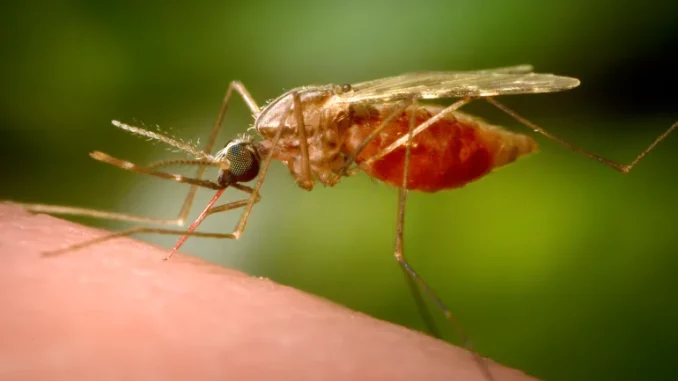
Malaria, a potentially deadly disease caused by parasites and transmitted through mosquito bites, has been completely eradicated from Egypt, marking a monumental milestone in public health.
The World Health Organization (WHO) made this groundbreaking announcement on Sunday, October 20, 2024, celebrating what it termed a “truly historic” achievement that reflects nearly a century of dedicated efforts to eliminate the disease from the region.
In his statement, WHO Director-General Tedros Adhanom Ghebreyesus emphasized the significance of this accomplishment, noting that malaria has been intertwined with Egyptian history for millennia. “Malaria is as old as Egyptian civilization itself, but the disease that once afflicted the pharaohs is now a thing of the past,” he remarked. This historic declaration comes more than 3,300 years after the earliest known malaria patient, Pharaoh Tutankhamun, who is thought to have suffered from the disease.
The certification of Egypt as malaria-free is a testament to the unwavering commitment of both the Egyptian people and their government to eradicate this long-standing health threat. The WHO’s announcement highlights the collaborative efforts that included widespread public health campaigns, improved vector control strategies, and increased access to effective treatments over the years.
The eradication of malaria in Egypt not only signifies a remarkable public health triumph but also serves as a beacon of hope for other countries grappling with this disease. This victory reinforces the importance of sustained investment in health systems and disease prevention, ensuring that future generations can live free from the threat of malaria.
